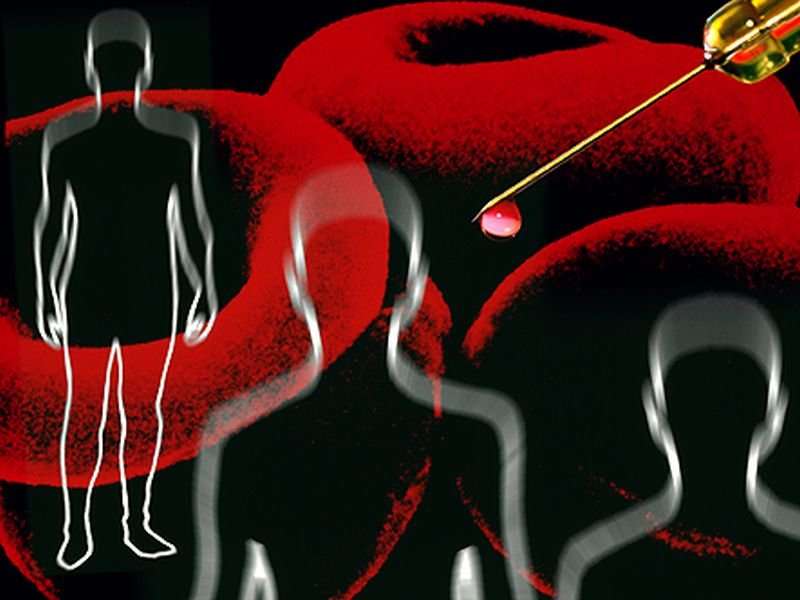(HealthDay)—For patients with human T-lymphotropic virus type 1 (HTLV-1)-associated myelopathy-tropical spastic paraparesis (HAM-TSP), treatment with the humanized anti-CCR4 monoclonal antibody that targets infected cells, mogamulizumab, decreases the number of HTLV-1-infected cells, according to a study published in the Feb. 8 issue of the New England Journal of Medicine.
Tomoo Sato, M.D., Ph.D., from St. Marianna University School of Medicine in Kawasaki, Japan, and colleagues conducted an uncontrolled phase 1-2a study to examine the safety, pharmacokinetics, and efficacy of mogamulizumab in patients with glucocorticoid-refractory HAM-TSP. Twenty-one patients received a single infusion of mogamulizumab in the phase 1 dose-escalation study and were observed for 85 days. Nineteen of these patients continued to the phase 2a study and received infusions over 24 weeks.
The researchers found that mogamulizumab side effects did not limit administration up to a maximum dose of 0.3 mg/kg. Grade 1 or 2 rash (48 percent of patients) and lymphopenia and leukopenia (each 33 percent) were the most frequent side effects. Throughout the phase 2 study, the dose-dependent reduction in the Provera load in peripheral-blood mononuclear cells and inflammatory markers in cerebrospinal fluid was maintained with additional infusions. In 79 percent of patients there was a reduction in spasticity, and a decrease in motor disability was noted in 32 percent.
"Mogamulizumab decreased the number of HTLV-1-infected cells and the levels of inflammatory markers," the authors write. "Rash was the chief side effect."
More information: Abstract/Full Text (subscription or payment may be required)
Journal information: New England Journal of Medicine
Copyright © 2018 HealthDay. All rights reserved.





















